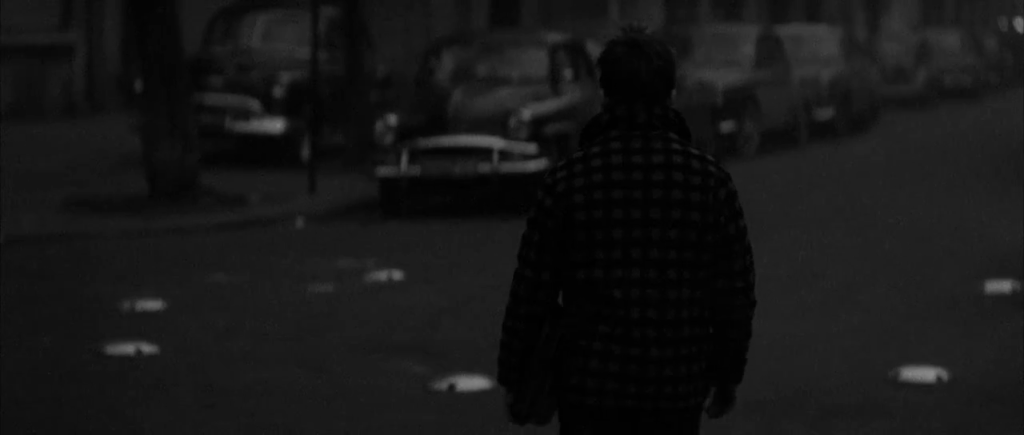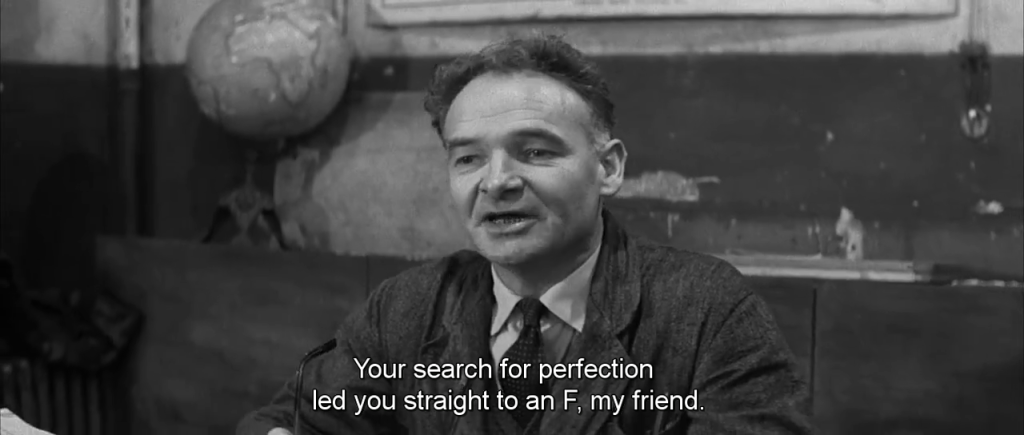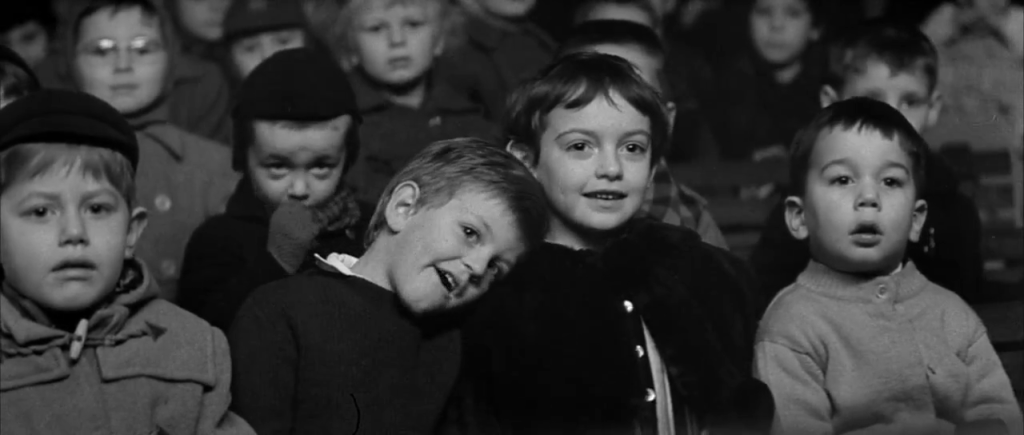“Oh, I lie now and then, I suppose. Sometimes I’d tell them the truth and they still wouldn’t believe me, so I prefer to lie.”
I did read quite a bit about Francois Truffaut before watching ‘The 400 Blows’ and found the man notoriously interesting. Before Truffaut made his debut as a film director, he was a vehement film critic who infamously stripped movies he didn’t like, in his reviews. His harsh film criticism barred him from attending the 1958 Cannes Film Festival. Only one year later, he won the Best Director Award at the same festival for his debut film The 400 Blows. He was also one of the men who devised “The Auteur Theory”, according to which the director is the author of his films and has full control over the visual elements and not just the writing of a film.
The 400 Blows tells the exploits of Antoine Doinel, played by Jean-Pierre Leaud. A 14 year old who is popularly a troublemaker in his class and thus he is regularly punished by his teacher. He is not really naughtier than any other kid but is too ill fated to not find himself in trouble one after another. He gets punished in school and when he is asked to get a parent note from home, he goes with a duplicate note because at home things are equally unstable which makes his troublesome behavior only worse. He is severely mistreated at home, his mother is always harsh at him, his step father tries to connect with Antoine but he too can be unpleasantly rough at times. Every time Antoine is punished in school and needs to involve his parents, he feels running away is a better option than to ask his parents to tackle it. It is clearly visible that Antoine, who looks as emotionally normal as any other happy kid in Paris, needs help and guidance. Even as viewers, you worry when Antoine skips his school or smokes a cigarette.
Francois Truffaut was himself raised by a stepfather and mother and had his share of troubled childhood, which is why it is believed that the film is part autobiographical work for Truffaut. There are times when Antoine seems like standing at the receiving end of adult oppression but there are also moments when Antoine’s behavior shocks you to the core. Like in a scene when he is asked by his teacher for missing school the previous day, he abruptly lies and tells that his mother had died. He saw his mother kissing another man the previous day, so it might be a rebellious reaction to that or he is just fine lying with anything to get past his teacher because we never saw Antoine confronting her mother for what she did. Even as a 14 year old, there are signs of character contradiction in Antoine.
Antoine is misfortunate too, even when he does not qualify for a punishment, he is misunderstood by his teacher and is punished. When the whole class was passing a picture of a woman on a calendar, it was him who is caught with the picture by his teacher. He reads Balzac and was so impressed by his writing that later he quoted some of Balzac’s line in his essay about his grandfather’s death as a tribute to Balzac. However his sarcastic teacher made fun of him and labeled it as plagiarism and sent him to the principal’s office.
Jean-Pierre Leaud’s performance as Antoine is stunningly brilliant and only Aleksey Kravchenko as Florya in Elem Klimov’s ‘Come and See’ is a better performance by a child actor I can think of. When Antoine is being interviewed by a child Psychiatrist at the Juvenile Detention Centre, his answers are so natural that one wonders if he is really saying written lines or sharing his real life experiences with women.
One of the most important scenes in the film is the puppet show in which Truffaut lingers the camera on the faces of a group of little children who were nothing more than 4 year olds and captures the innocence they possess, the fascinating expressions on their faces as they see puppets doing their shenanigans. He suddenly focuses on Antoine and his friend, who were sitting at the same show but instead of watching the puppets, they are planning how to steal the typewriter from his father’s office. This convincingly explains how he is totally devoid of the innocent wonders of children and is gradually becoming a paltry criminal.
The film looks as fresh today as it must have been looked at the time of its release, because it has identifiable characters; a kid who is helplessly self destructing his life doing petty crimes, judgmental teachers who are too black and white in their approach and parents for whom raising a kid is like a hectic job they don’t really enjoy doing. Frankly, ‘the 400 blows’ doesn’t really have a plot but just a mundane life of a kid we get to see from a third eye perspective and are given the liberty to decide if the kid is really a troublemaker or if he is an unfortunate little boy needing affectionate guidance but isn’t getting any.
WARNING: THE PARAGRAPH BELOW TALKS ABOUT THE FILM’s ENDING
The 400 Blows is a highly unsentimental film, so much that it almost feels like a documentary. We don’t see any emotional conversation, confessions leading to tears and no life changing transformation in its characters. Although this leaves the optimist in me with utter dissatisfaction to see Antoine’s circumstance constantly becoming worse, but this realism is also what we admire the film for. Antoine is a lost kid who remains lost till the end in the brilliant final tracking shot when he escapes the juvenile reform school and we see him running into a wild landscape and stops when he reaches the sea, finding no more land to run. The film ends with the popular freezing frame of Antoine’s expression, which doesn’t look victorious or confident but hopeless and confused. It can also be interpreted as if he finally realized that he can’t escape from his fate. It was an ambiguous ending in an instinctive way.







